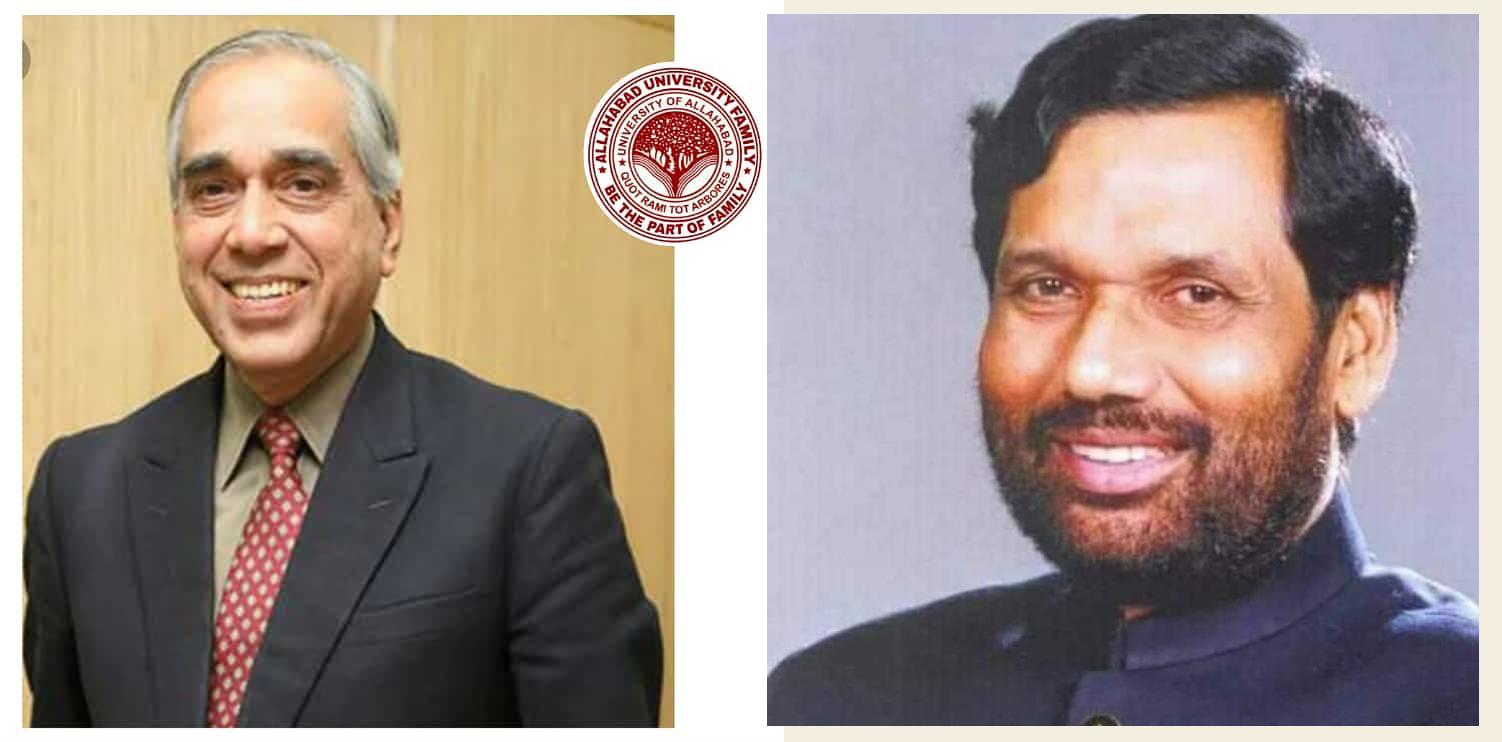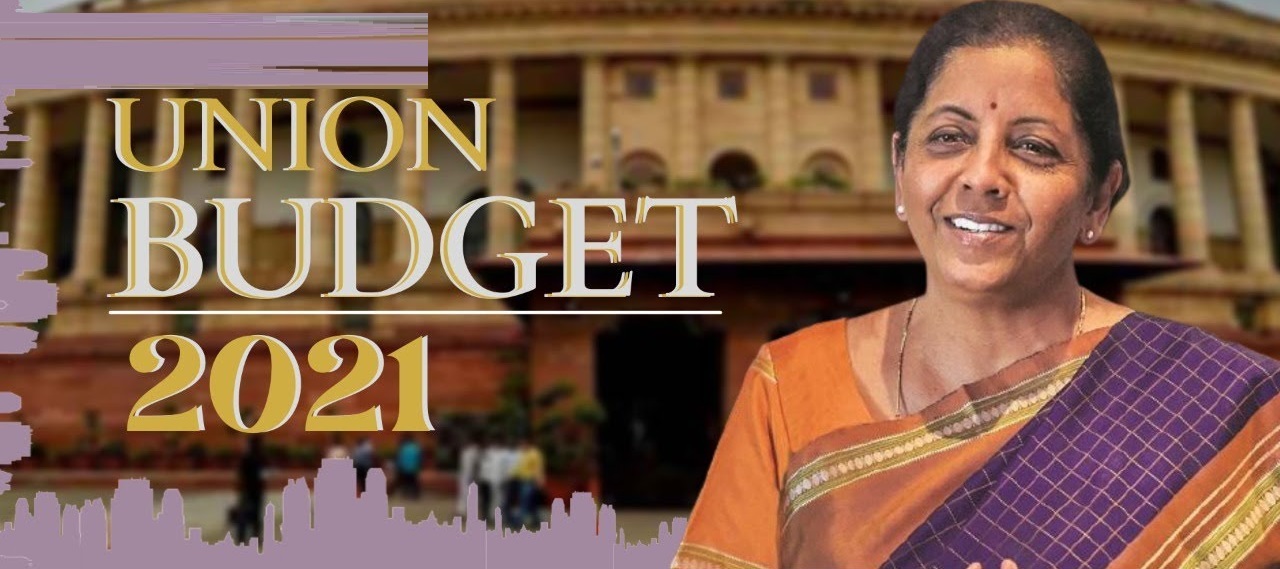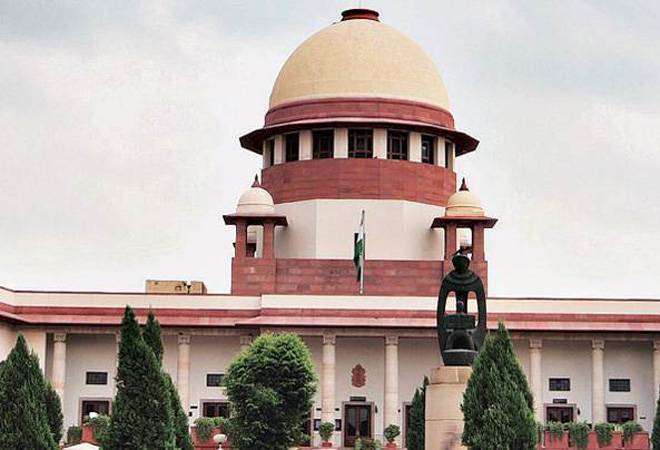
If a promise to marry falls flat, is consensual sex rape ?
The Supreme Court ruled that rape was proven to have occurred if the woman's consent was based on a false marriage promise from the beginning.
According to the Supreme Court, in order to prove that a woman's consent was gained based on a false promise of marriage from the beginning, rape charges based on such a claim must be proven.
Anurag Soni v. State of Chhattisgarh (2019) 13 SCC 1 was cited by the bench of Justices Abhay S. Oka and Pankaj Mithal. "If it is established that from the inception, the consent by the victim is a result of a false promise to marry, there will be no consent, and in such a case, the offence of rape will be made out," the bench said.
The man who filed the appeal was contesting the Bombay High Court's decision to not drop the rape case against him.
The prosecution's case states that the man and lady had a four-year (2013–2017) sexual relationship under the false pretense that he would marry her. After seeing photos of the man's engagement ceremony with another woman in 2018, the woman filed a formal complaint, claiming that her assent was based on a misapprehension brought on by a fraudulent marriage promise. The man presented a document of "nikahnama" and asserted that he had married the complainant-woman in 2017.
After reviewing the evidence submitted, the Supreme Court concluded that the woman was older than eighteen when she gave her permission to engage in a sexual relationship. For the full four years of the relationship, the woman made no objections.
"Therefore, given the circumstances of the case, it is inconceivable to accept that the second respondent's false promise to marry allowed the physical relationship to continue with her from 2013 to 2017."
The court made the following observations after citing "Nikahnama":
The second respondent acknowledged that they were engaged. The second respondent admitted that the appellant had proposed to her in 2011 and that she had become engaged in 2017. She didn't even object when she took part in the engagement ceremony. She has, however, refuted claims that she was married to the appellant. If the prosecution's case is true, it is impossible to accept that the appellant's marriage pledge was the sole reason the second respondent continued to have a sexual relationship.
Based on the aforementioned observation, the court noted that since the man had provided ample evidence in the form of a Nikahnama to demonstrate his marriage to the woman, the case of false promise to marry was not established from the start.
As a result, the court determined that carrying on with the prosecution in this particular case would be a flagrant abuse of the legal system and would not further the interests of the parties involved.
Case Details: SHEIKH ARIF VERSUS THE STATE OF MAHARASHTRA & ANR
Citation: 2024 LiveLaw (SC) 68
Your free access to Supreme Law News has expired
For further details contact:
Dr. Ajay Kummar Pandey
( LLM, MBA, (UK), PhD, AIMA, AFAI, PHD Chamber, ICTC, PCI, FCC, DFC, PPL, MNP, BNI, ICJ (UK), WP, (UK), MLE, Harvard Square, London, CT, Blair Singer Institute, (USA), Dip. in International Crime, Leiden University, the Netherlands )
Advocate & Consultant Supreme Court of India, High Courts & Tribunals.
Delhi, Mumbai & Dubai
Tel: M- 91- 9818320572. Email: editor.kumar@gmail.com
Website:
www.supremelawnews.com
www.ajaykr.com, www.4Csupremelawint.com
Facebook: /4Clawfirm, /legalajay Linkedin: /ajaykumarpandey1 Twitter: /editorkumar / YouTube: c/4cSupremeLaw Insta: /editor.kumarg
Telegram Channel
Whatsup Channel











